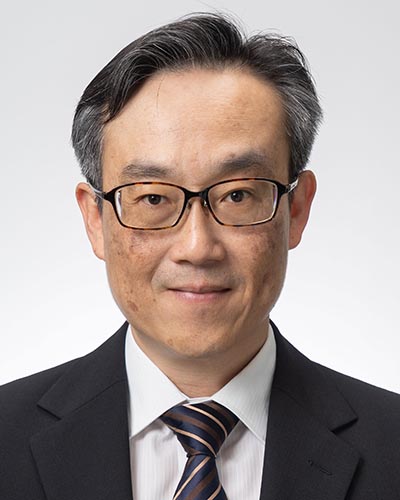組織・研究分野
人材育成プログラム
Creative Human Resources Development Program
上皮可塑性・炎症ユニット
Inflammation and Epithelial Plasticity
スタッフ

准教授
Voon, Dominic Chih Cheng
目的と研究課題
本研究室では、消化管腫瘍組織の微小環境形成に関与する、炎症細胞と上皮細胞の可塑性について研究を行っている。特に上皮細胞から産生されるIL23A に着目し、IL23Aの腸管免疫、炎症、腫瘍形成への役割について解析し、炎症反応下における上皮細胞の変化、特に表現型の可塑性について注目している。この研究を通じて消化器がんの主な原因となる慢性炎症を制御することを目標としている。

Inflammation is a double-edge sword.
Acute inflammation is a precisely coordinated process with a clear end-point. During this, the tissue microenvironment is conferred greater tolerance as immune cells are recruited for the eradication of pathogens. The timely conclusion of this process is dependent on a switch from pro- to anti-inflammatory signaling. Persistent infection, somatic gene mutations and imbalance of cytokines will result in chronic inflammation, which is damaging and tumorigenic. For this reason, chronic atrophic gastritis caused by Helicobacter pylori infection is the single greatest risk to human stomach cancer.
炎症は両刃の剣である。急性炎症は免疫細胞を呼び寄せ病原体を取り除き、この反応が終わると、炎症を抑制するシグナルへと切り替わる。一方、慢性炎症は、持続的な感染や上皮細胞の遺伝子変異、あるいはサイトカインのバランスの崩壊により引き起こされ、これは組織へのダメージや腫瘍促進に働く。慢性的な胃炎は明らかなヒト胃がんのリスクとなる。


